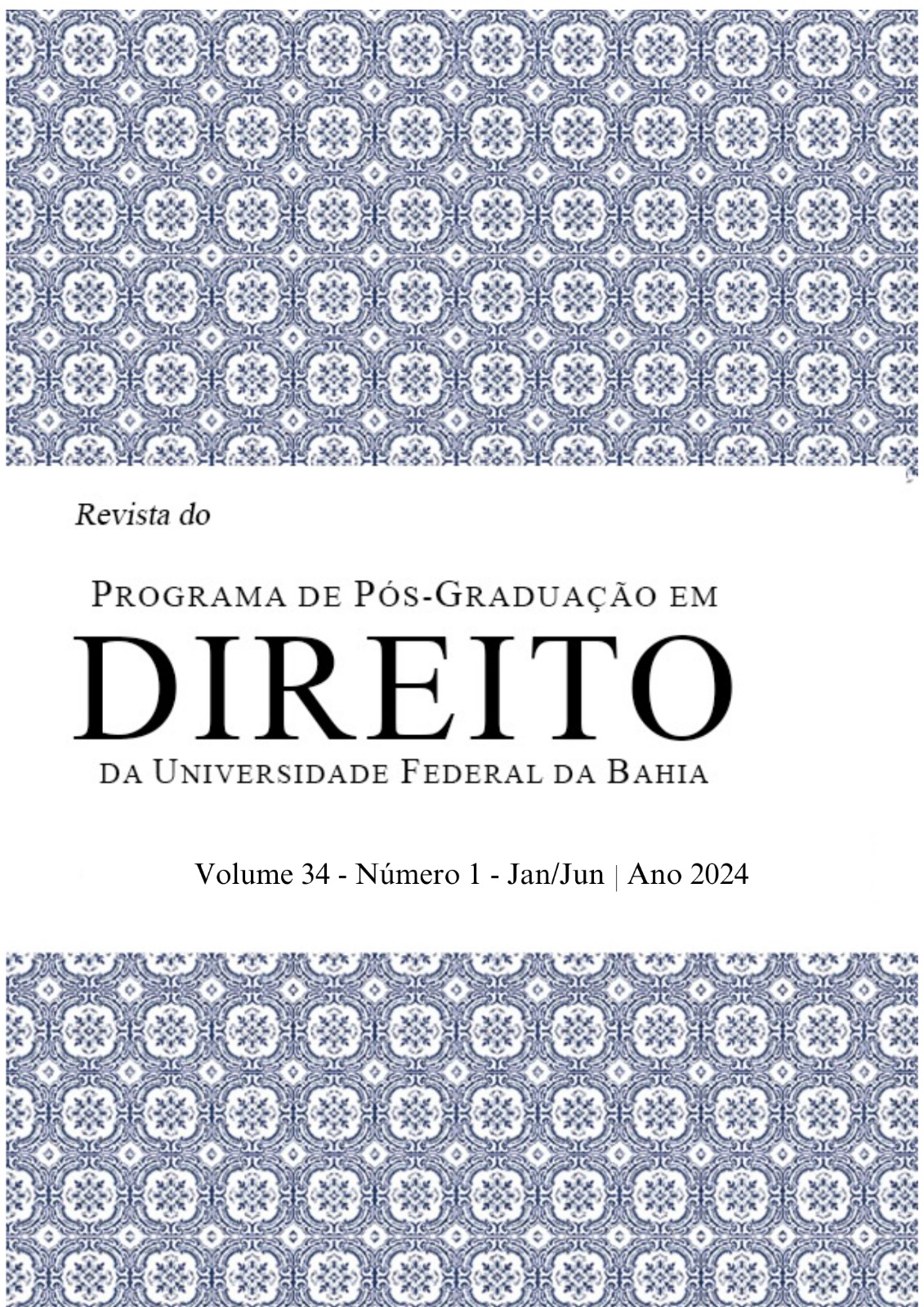MODELING HEALTHY CHOICES: THE ROLE OF NUDGES AS A METHODOLOGICAL STRATEGY IN PUBLIC HEALTH
DOI:
https://doi.org/10.9771/rppgd.v34i0.64943Keywords:
Behavioral sciences, nudges, Regulatory Law, Public policyAbstract
This study addresses the influence of behavioral sciences on the formulation of public policies, using the nudge strategy proposed by Richard Thaler and Cass Sunstein. Nudges aim to subtly guide individual choices, promoting well-being without restricting freedom of choice. The research explores how human thinking, which oscillates between intuitive and rational modes, can be directed by almost imperceptible interventions to adopt healthier and more sustainable behaviors. The study methodology is based on the analysis of existing literature in psychology and neuroscience, highlighting the effectiveness of nudges in aligning individual behavior with collective well-being without the use of coercive measures. The results point to the possibility of improving public health and well-being through policies that incorporate knowledge from behavioral economics, respecting individual autonomy and using insights into human nature. The study suggests that the application of these principles in public policies can significantly transform the effectiveness of government interventions, especially in contexts that require a sensitive approach adapted to the vulnerabilities of populations. This approach not only respects individual autonomy, but also harnesses scientific understanding of human behavior to promote healthier and more responsible choices, representing an innovative and ethically conscious strategy in developing public policies.
Downloads
Downloads
Published
How to Cite
Issue
Section
License
Copyright (c) 2024 Revista do Programa de Pós-Graduação em Direito

This work is licensed under a Creative Commons Attribution-NonCommercial-NoDerivatives 4.0 International License.
1. Autores mantém os direitos autorais e concedem à revista o direito de primeira publicação, com o trabalho simultaneamente licenciado sob a Licença Creative Commons Atribuição 4.0 Internacional que permite o compartilhamentodo trabalho com reconhecimento da autoria e publicação inicial nesta revista.
2. Autores têm autorização para assumir contratos adicionais separadamente, para distribuição não-exclusiva da versão do trabalho publicada nesta revista (ex.: publicar em repositório institucional ou como capítulo de livro), com reconhecimento de autoria e publicação inicial nesta revista.
3. Autores têm permissão e são estimulados a publicar e distribuir seu trabalho online (ex.: em repositórios institucionais ou na sua página pessoal) a qualquer ponto antes ou durante o processo editorial, já que isso pode gerar alterações produtivas, bem como aumentar o impacto e a citação do trabalho publicado

